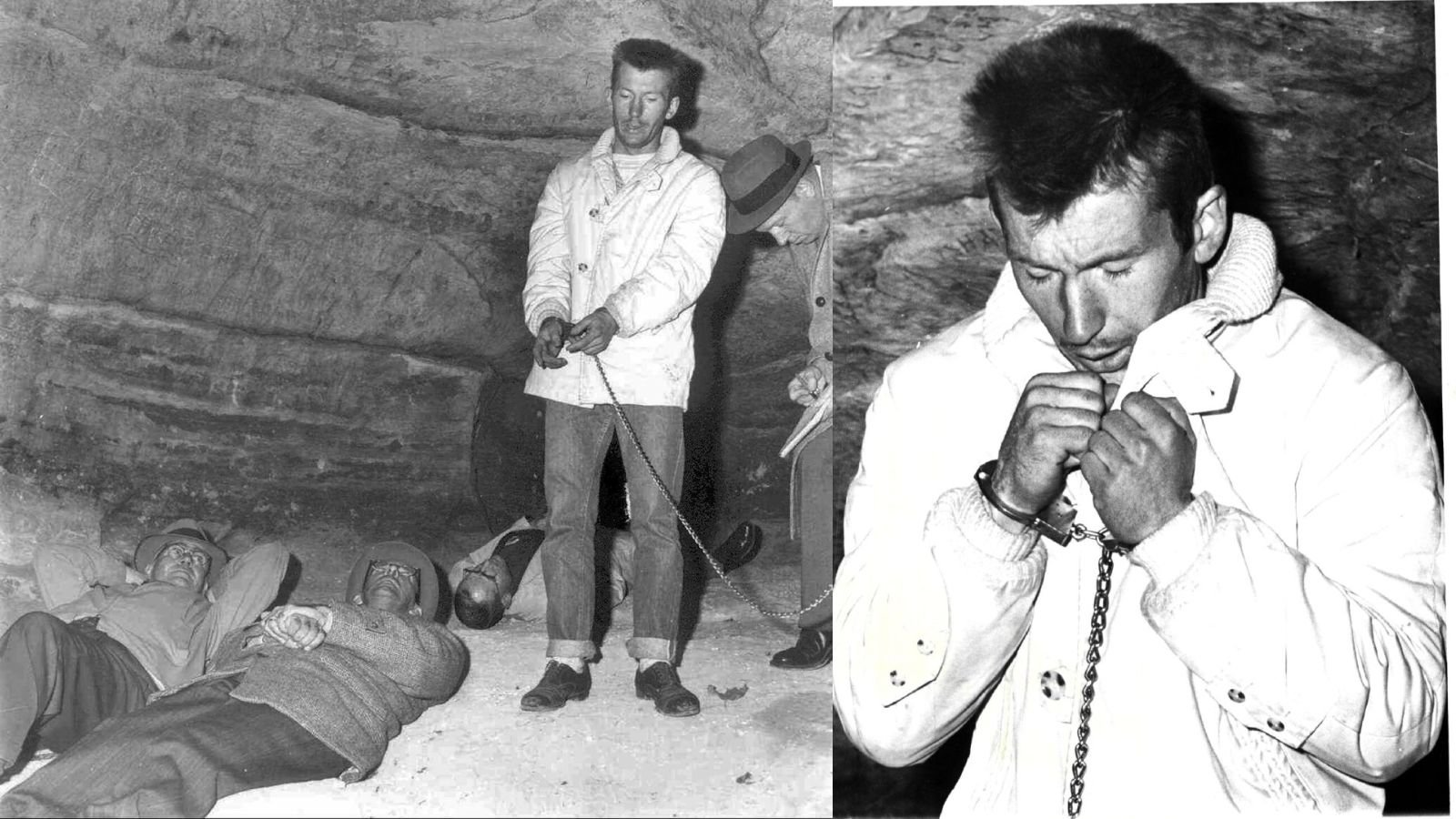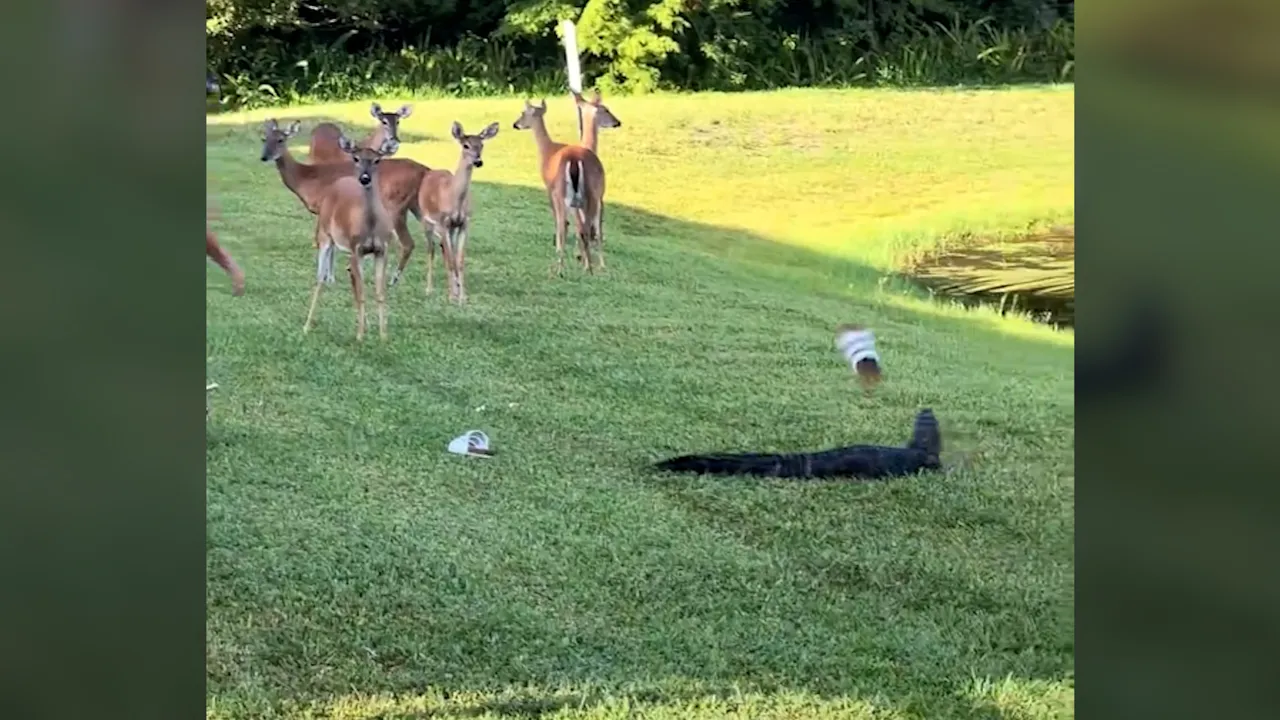ILLINOIS — Chester Weger, the man long known as the “Starved Rock Killer,” has died at age 86, just days after a judge denied his latest request to overturn a conviction that has been under public and legal scrutiny for more than six decades.
Weger died Sunday, June 22, in Kansas City, Missouri, according to his attorney Andy Hale. His death came shortly after a LaSalle County judge rejected his final legal bid to vacate his 1961 murder conviction — a decision that effectively closed the door on his lifelong claim of innocence.
Convicted In A Triple Murder That Haunted Illinois
In 1960, three women — Lillian Oetting, 50; Frances Murphy, 47; and Mildred Lindquist, 50 — were found brutally bludgeoned in St. Louis Canyon at Starved Rock State Park in LaSalle County. Their bodies were discovered under a scenic waterfall, and each victim had been struck more than 100 times.
The killings shocked the state and led to a high-profile investigation. Weger, then 21, worked as a dishwasher at the Starved Rock Lodge, and became the prime suspect after investigators found twine used to bind the women’s hands matched a spool in the lodge’s kitchen.
He initially confessed to the murders during police questioning and even reenacted the crime for investigators. However, Weger later recanted the confession, insisting he had been coerced into falsely admitting guilt.
Decades Behind Bars And Persistent Denials
Weger was only convicted in the murder of Lillian Oetting and sentenced to life in prison in 1961. Prosecutors declined to try him for the other two deaths after securing the life sentence. Over the years, Weger became a symbol in debates about wrongful convictions, with some legal advocates pointing to questionable police tactics during his interrogation.
Despite filing over two dozen appeals, Weger’s conviction remained intact. In late 2020, after 59 years behind bars, he was finally granted parole on his 24th attempt. His release, however, was delayed by a 90-day evaluation under Illinois’ Sexually Violent Persons Commitment Act — which allows the state to hold certain offenders past their prison terms for mental health treatment if deemed necessary.
An Attorney’s Defense Until The End
Attorney Andy Hale, who took up Weger’s case in recent years, maintained that his client was wrongfully convicted. “Chester fought until the end to clear his name. He was innocent of the horrific murders but died just days after a judge denied his request to overturn his conviction,” Hale said in a public statement.
“Chester has been such an inspiration to me… humble, generous and kind. The injustice he suffered during his lifetime is unimaginable,” Hale added.
Hale’s team had long argued that modern forensic evidence — including DNA testing — did not conclusively tie Weger to the crime scene. But despite multiple reviews, no court was willing to overturn the original ruling.
Public Reaction And Historical Legacy
The Starved Rock murders have remained one of Illinois’ most notorious cases, spawning documentaries, radio investigations, and new interest with the rise of wrongful conviction advocacy. Weger’s case, in particular, drew comparisons to other controversial confessions extracted under questionable circumstances during the 20th century.
Still, many law enforcement officials, including those involved in the original investigation, stood by the conviction until the end. Some cited Weger’s detailed confession and reenactment as strong evidence of guilt.
Weger’s death may close the chapter on one of the longest-running legal sagas in Illinois, but it also leaves open a legacy of doubt, debate, and questions about the justice system’s handling of confessions and appeals.
What do you think about the Chester Weger case? Do you believe his conviction was just, or should more have been done to reexamine the evidence? Share your thoughts in the comments on ChicagoSuburbanFamily.com.













